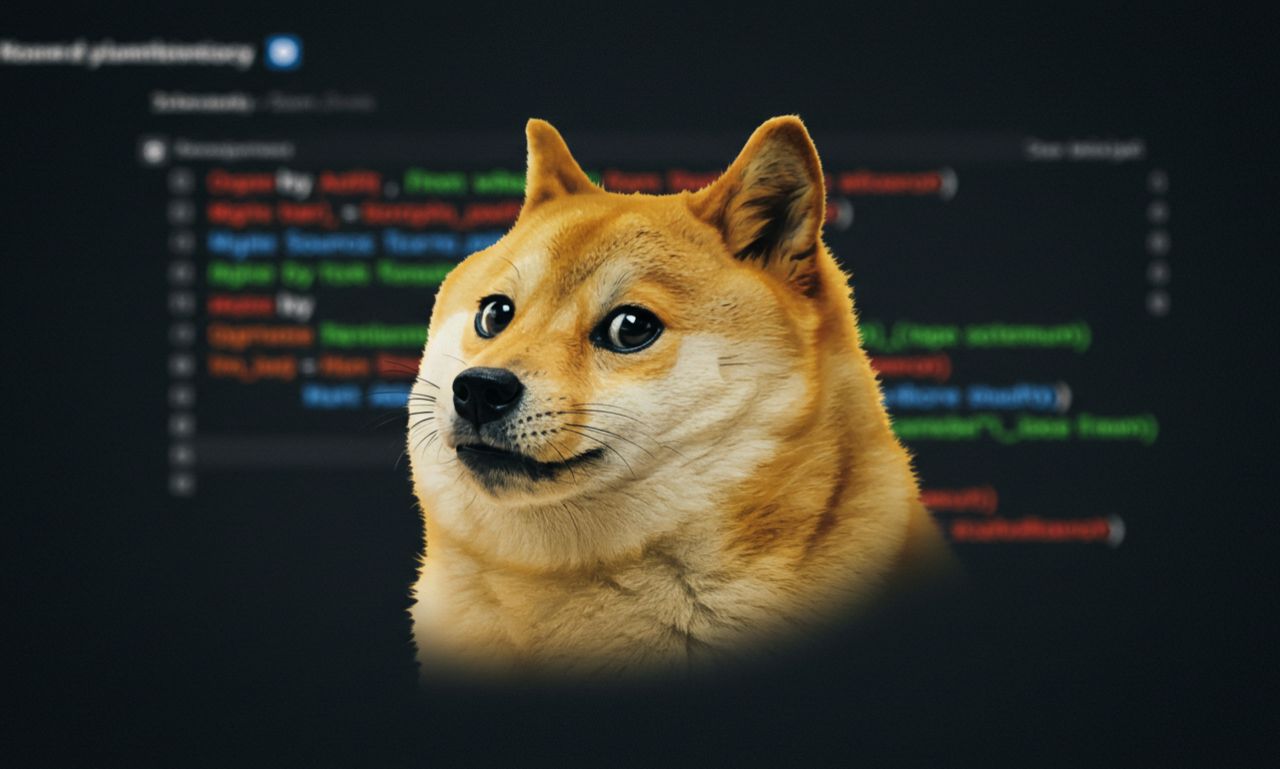In today’s fast-paced development world, managing software licenses is more important than ever. Developers use thousands of open-source packages and libraries, each with its own licensing requirements and legal implications. This is where Doge Software Licenses Audit HUD enters the scene — an innovative tool that brings clarity, visibility, and automation to license compliance.
What Is Doge Software Licenses Audit HUD?
A Real-Time License Tracking Interface
Doge Software Licenses Audit HUD is a dashboard-style software tool that enables developers, legal teams, and DevOps professionals to:
-
Scan codebases for open-source licenses
-
Identify license types (MIT, GPL, BSD, Apache, proprietary)
-
Highlight compatibility risks
-
Visualize license distribution in real-time
-
Flag license violations or policy conflicts
The tool provides a heads-up display (HUD) that overlays into your development environment or CI/CD pipeline, giving constant visibility into your license landscape.
Why Software License Auditing Matters
Legal Compliance
Failing to comply with open-source licenses can result in:
-
Security vulnerabilities
-
Software distribution limitations
-
Damaged brand reputation
Companies that release or commercialize software must ensure all embedded code meets licensing standards. Doge Software Licenses Audit HUD helps automate this due diligence.
Security Implications
Some licenses restrict how software can be modified or redistributed. Others, like copyleft licenses (e.g., GPL), require derivative works to be open-sourced. Misunderstanding these rules can leave companies exposed.
Key Features of Doge Software Licenses Audit HUD
1. Real-Time Scanning
As you write or pull code, Doge HUD scans package managers (like NPM, PyPI, Maven, Composer) to detect:
-
Package names and versions
-
Associated licenses
-
Changes or updates to those licenses
This helps you catch license issues before code enters your repo.
2. License Compatibility Matrix
The HUD includes a visual matrix that compares all licenses used in your project and highlights any incompatibilities — such as MIT and GPL combinations or non-commercial clauses in AGPL libraries.
3. Policy Engine
Set custom rules to define which licenses are allowed or restricted within your organization. For example:
-
Allow permissive licenses (MIT, Apache)
-
Flag copyleft licenses (GPL, AGPL)
-
Block proprietary or unknown licenses
The HUD will notify users in real-time if a restricted license is introduced.
4. Reporting and Audit Trails
Generate detailed reports showing:
-
All detected licenses
-
Where do they appear in your codebase
-
Their compliance status
-
Any manual overrides or policy exceptions
This is essential for legal audits, M&A due diligence, or security certifications (like SOC 2).
5. Integration with DevOps Tools
Doge Software Licenses Audit HUD integrates with:
-
GitHub, GitLab, Bitbucket
-
CI/CD tools like Jenkins, CircleCI, GitHub Actions
-
IDE plugins for VS Code, IntelliJ, and JetBrains
-
Security platforms like Snyk, Sonatype, and OWASP Dependency-Check
This makes it part of your DevSecOps workflow, not just a legal afterthought.
Who Should Use It?
Developers
-
Avoid accidentally using incompatible licenses
-
Get instant feedback in your IDE
-
Reduce back-and-forth with legal teams
Legal and Compliance Teams
-
Automate license reviews
-
Receive alerts for flagged packages
-
Maintain a clear audit trail for every release
CTOs and DevOps Leaders
-
Ensure compliance across projects and teams
-
Improve visibility and governance
-
Reduce risk before going to production
Challenges It Helps Solve
-
Lack of license awareness among devs
-
Manual license reviews that slow release cycles
-
Legal liabilities due to overlooked dependencies
-
Difficulty maintaining compliance across microservices
-
M&A bottlenecks caused by missing license audits
Example Use Case
Imagine a startup preparing for acquisition. During due diligence, investors ask for a breakdown of all third-party dependencies and their licenses.
With Doge Software Licenses Audit HUD, the CTO:
-
Runs a full license scan
-
Downloads a compliance report with license summaries
-
Flags and replaces two problematic packages
-
Shows a clean, automated audit trail for all future releases
This saves weeks of manual work and eliminates legal red flags.
The Meme Connection (Optional Branding Angle)
The “Doge” name in Doge Software may suggest a lighthearted brand voice, making legal and technical compliance less intimidating. The interface might use:
-
Fun, meme-inspired UX elements
-
Gamification (e.g., “Very License. Much Compliant. Wow.” badges)
-
Community contributions or open-source plugins
This could appeal especially to startup teams, indie developers, or open-source projects.
The Future of Doge Software Licenses Audit HUD
Planned features may include:
-
Machine learning to predict license risk based on historical data
-
Slack/Discord alerts for real-time collaboration
-
Auto-remediation tools to suggest license-compatible alternatives
-
AI chat assistant to explain licenses in plain English
Final Thoughts
Doge Software Licenses Audit HUD isn’t just another compliance tool — it’s a smart, developer-first solution for tackling one of the most overlooked challenges in software development: open-source license management.
By combining real-time scanning, visual feedback, policy enforcement, and automation, Doge HUD helps teams stay safe, agile, and productive.
